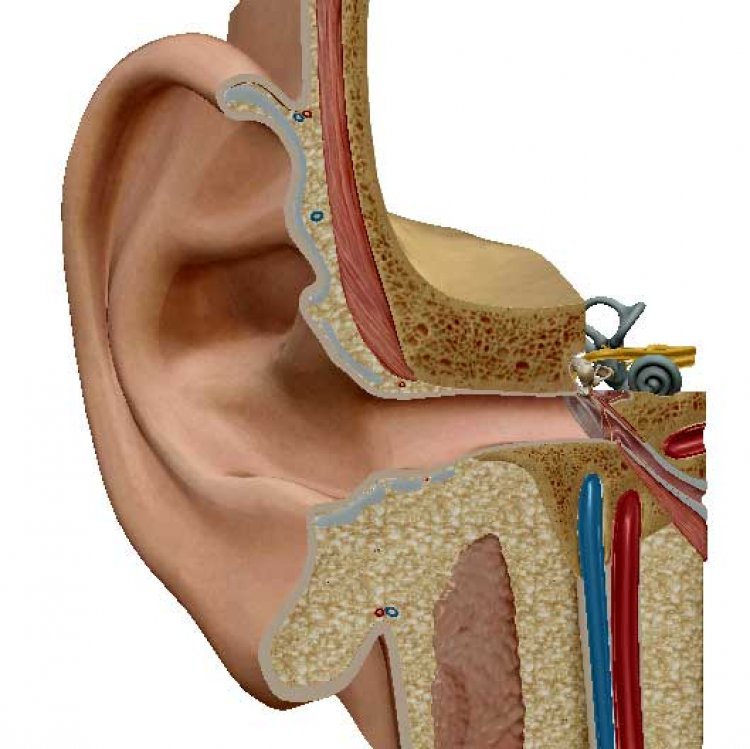Xylitol and middle ear inflammation in children
Xylitol inhibits the growth of bacteria that cause middle ear infections in young children

Recurrent middle ear infections are a major threat to children's health. Language, an important part of learning, is built through auditory stimuli during the first two years of life, when ear infections are most common. If this input is muffled by an infection or fluid in the middle ear during this important period, it can lead to learning problems.
Research has shown that recurrent middle ear infections in the first two years of life up to age 7 can lead to significant impairment in reading ability, even when properly treated.
One of the benefits of xylitol is its ability to inhibit the growth of bacteria that cause middle ear infections in young children. In two recent studies of more than 1,000 children who chewed xylitol sugar gum, the incidence of middle ear infections decreased by 40%, resulting in a significant reduction in ongoing middle ear complications and the need for antibiotics.
Regular washing of the nose with a spray containing xylitol reduces the number of harmful bacteria and stimulates the area's normal washing defenses. A clean nose reduces problems with allergies and asthma caused by nasal irritants and pollutants.
Current research shows how bacteria bind to cells in the body and cause infection. It is known that xylitol is able to disrupt this binding and block the attachment of the main infection-causing bacteria living in the nose. According to Dr. Lon Jones, a physician in Plainsview, Texas, kopmmt concluded that the use of a xylitol nasal spray prevented 93% of ear infections and resulted in a comparable reduction in sinusitis, allergies and asthma.
Xylitol has been shown to inhibit Candida Albicans, a serious systemic yeast problem, and other harmful gut bacteria, including H. pylori, which are blamed for periodontal disease, bad breath, stomach and duodenal ulcers, and even stomach cancer.
